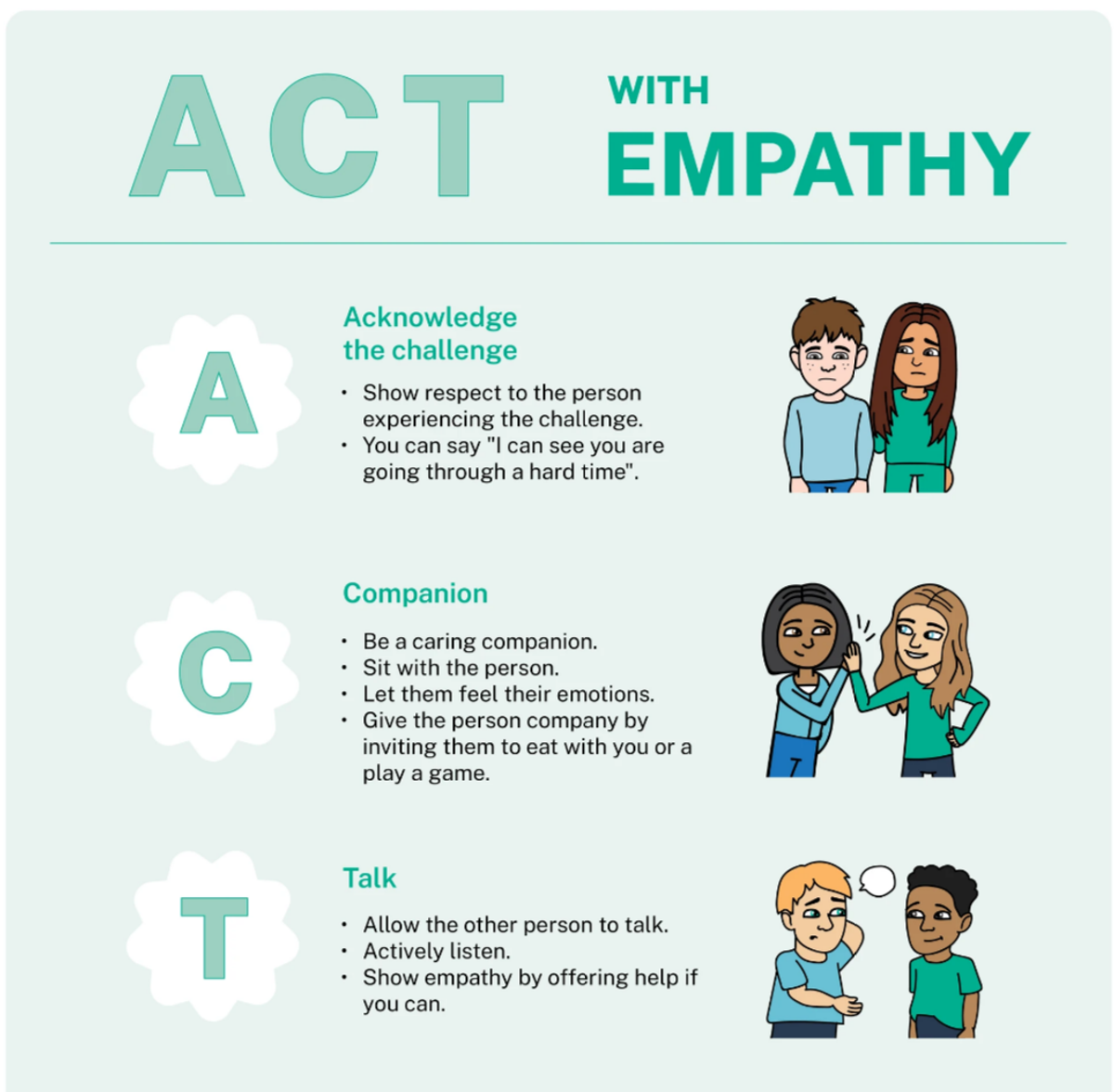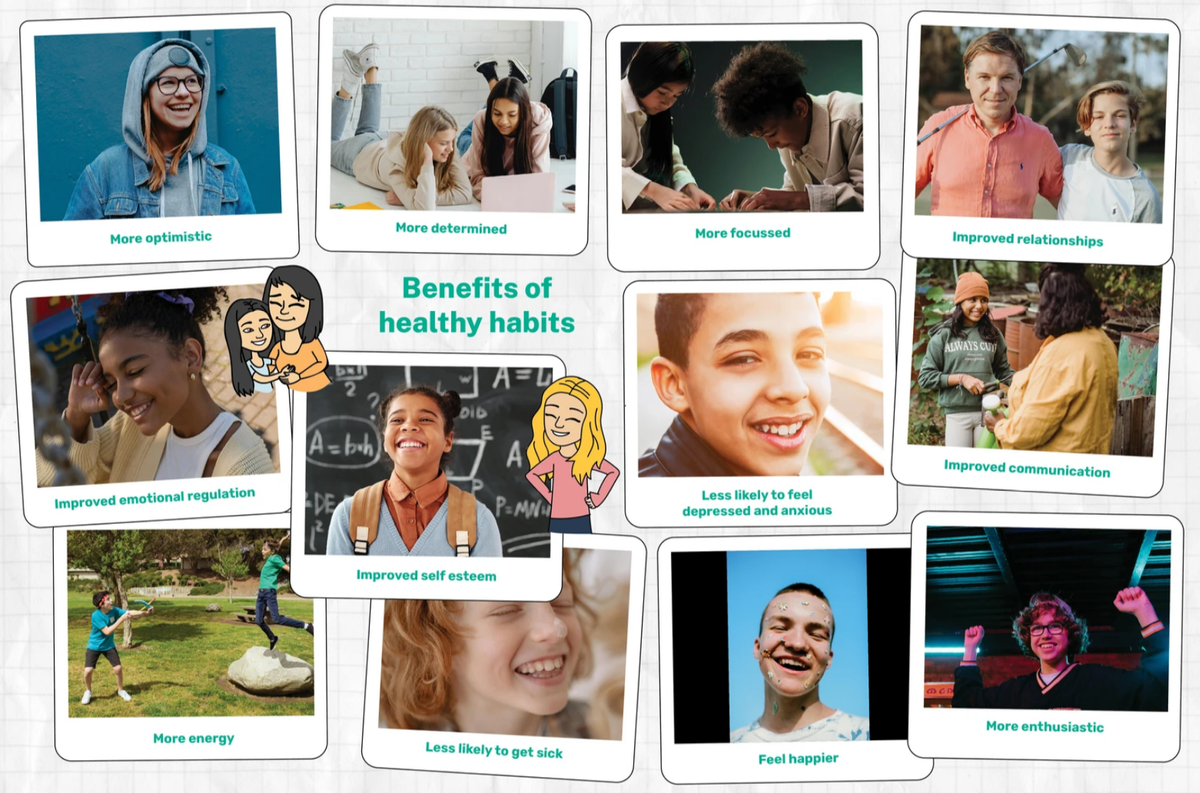The Resilience Project

Building Resilience Through Healthy Habits
Resilience is the ability to bounce back from challenges and adapt to adversity. One of the most effective ways to build resilience is through cultivating healthy habits that support both mental and physical well-being. These habits not only enhance our overall quality of life but also help us manage stress and thrive in the face of life’s challenges.
Physical Activity
Regular exercise is a cornerstone of resilience. Physical activity releases endorphins, often called “feel-good” hormones, which improve mood and reduce stress. Engaging in activities such as walking, yoga, or strength training helps build a strong body, which is essential for coping with emotional and mental stress. By establishing a consistent workout routine, we equip ourselves with a powerful tool to face life’s difficulties.
Nutrition
Eating a balanced diet filled with whole foods, including fruits, vegetables, lean proteins, and healthy fats, has a direct impact on our resilience. Proper nutrition supports brain function, stabilizes emotions, and helps maintain energy levels. When we fuel our bodies with the right nutrients, we can better manage the pressures that come our way and remain grounded in challenging situations.
Sleep
Adequate sleep is essential for both physical recovery and mental clarity. When we don’t get enough rest, our ability to think clearly, problem-solve, and regulate emotions diminishes. Prioritizing sleep is an often-overlooked but vital aspect of building resilience. A consistent sleep routine ensures that the body and mind are fully restored, helping us stay resilient in the face of adversity.
Mindfulness and Stress Management
Practicing mindfulness, meditation, or deep breathing exercises helps reduce the effects of stress and cultivates emotional resilience. These practices improve focus, promote emotional regulation, and allow individuals to approach challenges with a clearer, calmer mindset. Making time for daily mindfulness or relaxation techniques can build the mental fortitude necessary to cope with uncertainty.
Social Support
Finally, fostering strong relationships and staying connected with others is crucial for resilience. Social support provides emotional security and practical assistance in times of need. By nurturing friendships, family ties, or joining community groups, we can create a support network that offers encouragement and empathy when facing difficulties.
In conclusion, resilience is not a fixed trait but a skill that can be developed through healthy lifestyle habits. Incorporating physical activity, proper nutrition, adequate sleep, mindfulness practices, and social connections can significantly boost our ability to navigate life’s challenges with strength and adaptability. By committing to these habits, we can foster greater resilience and improve our overall well-being.



